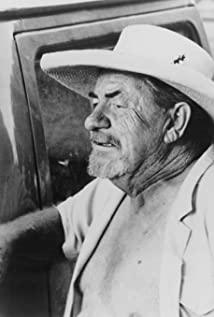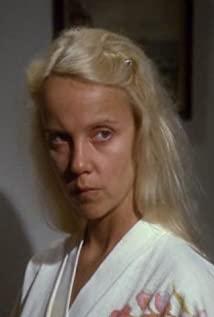Charles met Sarah "the French lieutenant's woman" in the stormy waves - the slut that everyone called it. Then it is discovered that this depressed woman has been insulted and prepared for a damaged fate, so she tries to save her without hesitation, at the expense of the pre-determined happy life.
I thought that this complicated "play within a play" was a self-righteous love phantom of two people.
Charles, a man who calls himself a gentleman, a man who places great importance on honor and the status of a gentleman. His first encounter with Sarah probably stemmed from a gentleman's fantasy—showing his gentlemanly presence in front of his fiancée, even to a woman he didn't know. What's more, Sarah in the storm is fundamentally different from the delicate flowers in the greenhouse, mysterious and fragile; this kind of inexplicable pity for "the headwind is easy to understand, easy to destroy", which just shows that Charles cares about Sarah. Approaching has a sense of self-achievement from the very beginning.
In addition, his fiancée has a prominent family background, and as a disciple of Darwin, he has not shown a sense of superiority over the big capitalists. Although he denies that the dissolution of the marriage contract is due to the discomfort brought by love as a transaction, the image of the rescued is not enough. He was unacceptable in Charles' heart.
Charles believes that he should become a white knight, a patron, and a savior.
And this object, Sarah is the most suitable.
Besides, Sarah, her masochistic tendencies are her own. The world's abuse and prejudice nourished her maverick and out of place. And these are the capital that she is proud of in the world. "Being tortured is a kind of joy for her." It seems that the deeper the prejudice of the world, the moment the truth comes, Sarah's forbearance and tenacity will be more glorious and tragic. Thus, Sarah's lie may be a temptation, but it is more likely that it is also a personal act based on self-satisfaction, and Charles is one of the tools of realization.
After three years of separation, the two reunited, and Charles angrily accused Sarah of taking advantage of him. But driven by love to forgive her, Sarah said to her, "You will forgive me." In the situation of mutual "use", empathy promotes another deeper understanding, which is intertwined with love and goes hand in hand. As Duras said, "Only with you can I find myself." This kind of contractual relationship that has been robbed of its light by love is actually longer and stronger than love.
In the original novel, the two did not come together, but left Charles alone to stare at the sea, as long and far-reaching as Sarah at the beginning. In the movie, Charles and Sarah are boating on the lake, and their love is strong.
The ending of the original book reminded me of "Mr. Butterfly" (perhaps, all of Irons participated?), I imagined that I was the savior Pinkerton, but was actually the damaged Mrs. Butterfly: this setting is also in line with the original book. Charles' description.
At the end of the movie, Mike, an outsider, looked at Anna who was leaving, but called out "Sarah"—the character in Anna's play. The director used the outer narrative to return to the ending of the original work. At this time, Mike was Charles. Whether he wanted to or not, he belonged to the damaged (abandoned) side.
In and out of the play, men are all emotionally frustrated, and women take the initiative in emotional manipulation.
That's why everyone booed and laughed. Maybe.
View more about The French Lieutenant's Woman reviews











